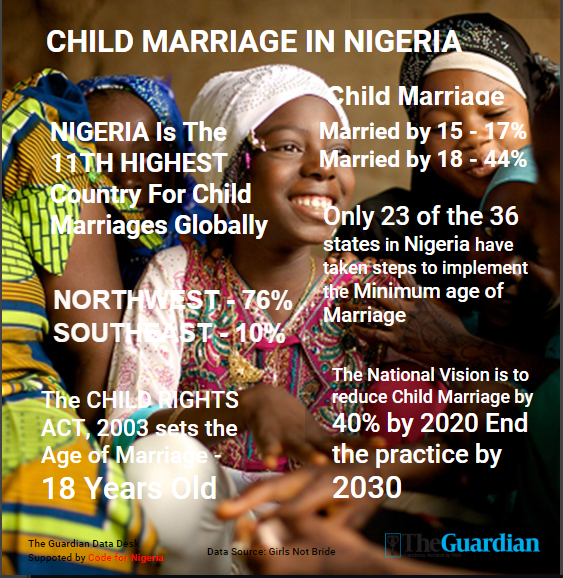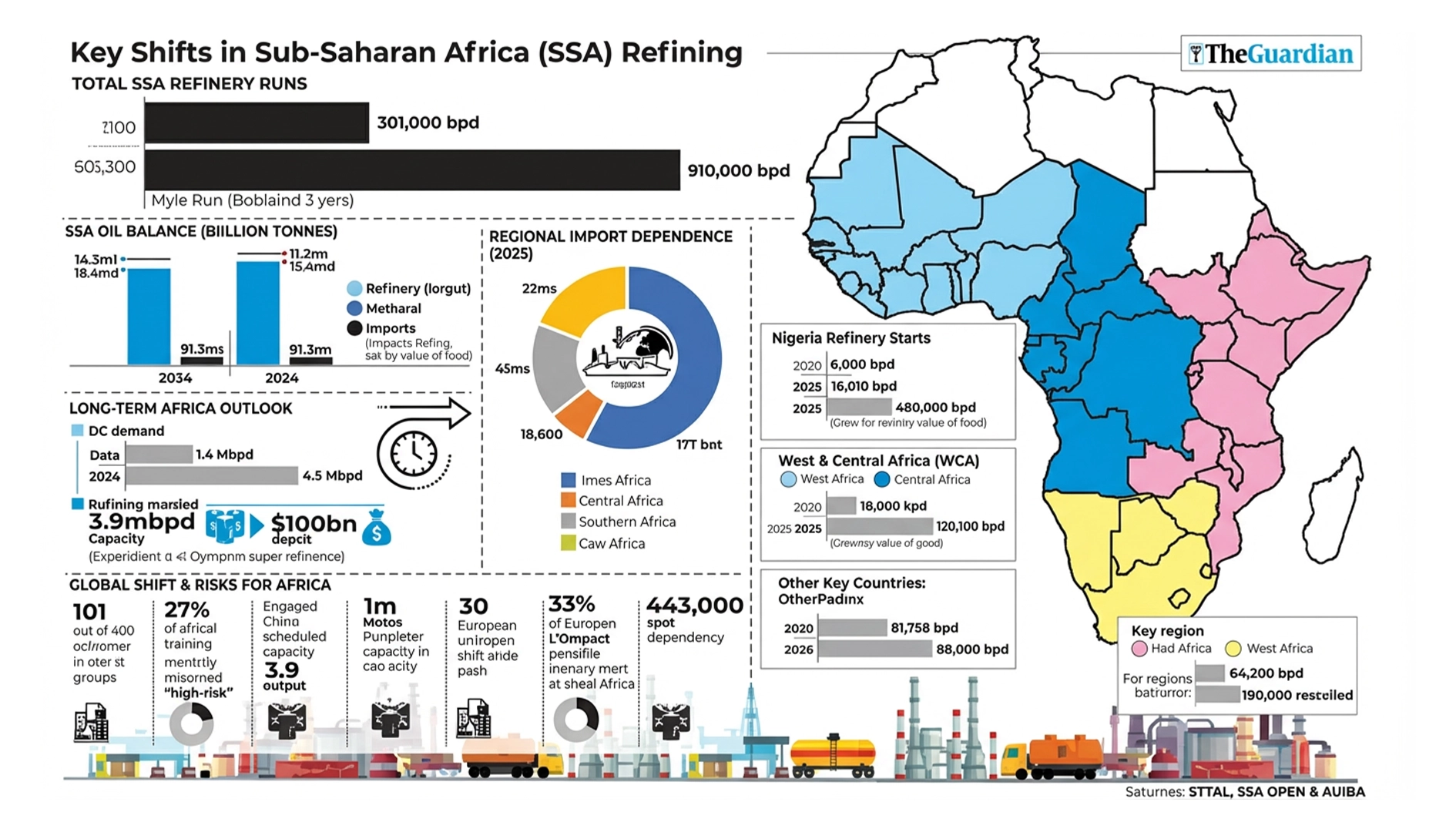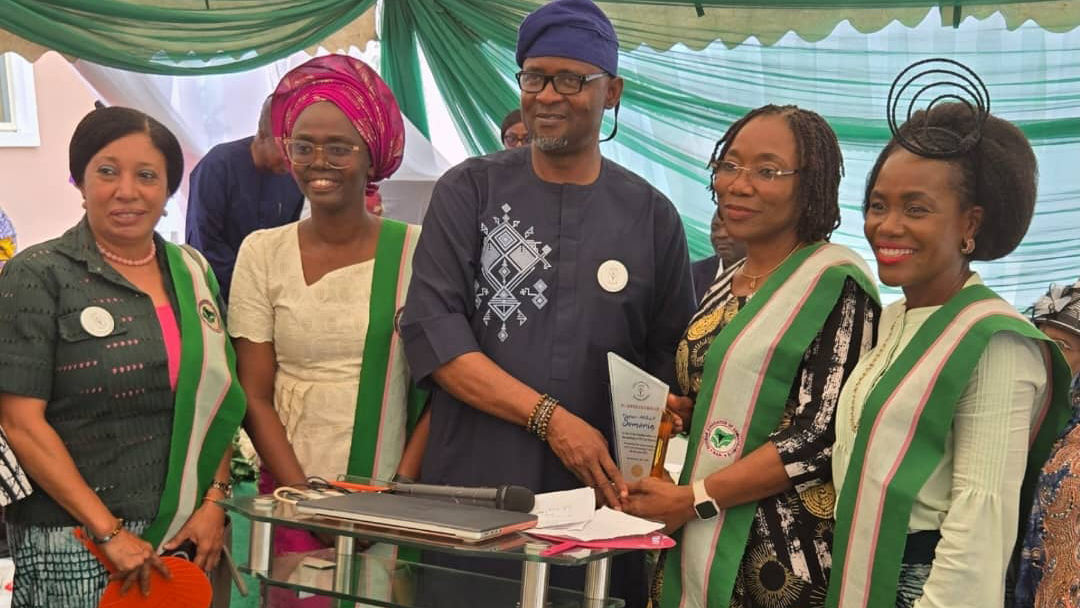A report by UNICEF report titled `The State of the World’s Children 2017′ revealed Nigeria ranks 11th with 43% among the 20 countries in the world with the highest prevalence of child. Other African countries featured on the list include the Central African Republic 68%, Chad 67%, Burkina Faso 52%, and Mali 52%, South Sudan 52%, Guinea 51%, Mozambique 48%, Somalia 45%, Malawi 42%, Sierra Leone 39% and more. More than 700 million women alive today globally were married as children, 17% or 125 million live in Africa.
In December 2018, social media was agog with outrage over the alleged marriage of 70 year old Yakubu Chanji to a 15-year-old teenager. Mr Chanji, also known as Nafsi-Nafsi in Minna, earned the moniker “Chanji” for his recurrent divorces and replacement of wives. “Stop child marriage, let them grow up and decide for themselves,” Human Rights Concern and Welfare Society stated in a Tweet.
The UN Women Conference 2018 in Lagos was tagged ‘Ending Child Marriage and Female Genital Mutilation in Africa: Dialogue with Traditional and Cultural Leaders’. While speaking at the conference, Edward Kallon, UN Resident Coordinator for Nigeria, said “If we do nothing to accelerate progress the number of child brides in Africa will double by 2050. Africa will take over South Asia to become the region with the largest number of children brides in the world.”
In 2014, Wasila Tasi’u, 14 years old was accused of killing her 35-year-old husband, Umar Sani, and three others by lacing food cooked for a celebration two weeks after her wedding with rat poison. “We are against the trial. The whole process violates her fundamental rights. The UN Convention on the Rights of the Child says she should be in school,” said Hussaina Ibrahim, a senior lawyer at the Kano branch of the International Federation of Women Lawyers (FIDA) who represented Tasi’u.
Amongst the factors that support the menace of child marriage in Nigeria are illiteracy and also cultural and religious practices. All these factors rose to the fore in 2013 when the Senate resolved to retain Section 29 (4) (b) of the 1999 Constitution (as amended) despite the fact that its review committee had, in its draft amendment bill recommended the deletion of Section 29 (4) (b) which stipulates that “any woman who is married shall be deemed to be of full age.” Its connection with child marriage arose from the preceding Section 29 (4) (a) which states that “full age means the age of eighteen years and above”.

Although there is no generally acceptable age for among the states, Section 23 of the Child Rights Act (CRA) states that it’s a criminal offence to marry a girl under 18 years and prescribes a penalty of five years’ imprisonment. Yet, only 23 of Nigeria’s 36 states have taken steps to implement the minimum age of marriage. Majority of the states yet to embrace the CRA are in the Muslim-dominated Northern part of the country – Adamawa, Bauchi, Borno, Gombe, Kaduna, Kano, Katsina, Kebbi, Sokoto, Yobe and Zamfara and also Enugu.
In November 2016, Nigeria became the 17th country to launch the African Union campaign to end child marriage. The Ministry of Women Affairs and Social Development equally launched a national strategy to end child marriage. The strategy is driven by the vision is to reduce child marriage by 40% by 2020, and end the practice fully by 2030.
Child marriage contributes greatly to the high rate of maternal mortality in the country. Teenage girls face a high risk of complications during pregnancy and childbirth because their bodies are not fully formed. The risk of maternal mortality is highest for adolescent girls under 15 years old, and complications in pregnancy and childbirth are a leading cause of death among adolescent girls in developing countries and severe complications such as Vesico Vaginal Fistula (VVF). VVF is the abnormal fistulous tract that leads to continuous involuntary discharge of urine; most of its victims in Nigeria are mainly victims of child marriage.
Despite the plethora of national initiatives to curtail the issue of child bride, there is still an urgent need for enforcement to urge implementation of the Child Right Act. Also amplified sensitization regarding the dire implications of this practice in areas where child marriage is on the rise.
Veronica Yates, director of Child Rights International Network, an organisation which monitors child marriage worldwide said, “The forced marriage of girls – and to a lesser extent boys – all too often by the very people who are supposed to protect them is not only unacceptable in international law, it is an affront to humanity.”
This report is undertaken with support from Code For Africa to amplify the Gender Gap conversation






